
Neil Bramley
@neilbramley
Find me on Bluesky
ID: 35266736
https://bramleylab.ppls.ed.ac.uk/ 25-04-2009 17:47:56
194 Tweet
687 Followers
180 Following

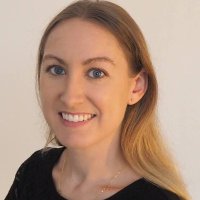
We’re hiring! Open area search for 4 (!) permanent positions, w/ particular interest in some areas (eg social psych). Feel free to reach out w Qs. Job ad: elxw.fa.em3.oraclecloud.com/hcmUI/Candidat… School of PPLS Psychology Jobs

New paper w Dani S. Bassett on "Causation in neuroscience: keeping mechanism meaningful" in Nature Reviews Neuroscience Nature Rev Neurosci We explore different meanings of mechanism in the field, the challenges this presents & how to move forward. 🧠 U.S. National Science Foundation nature.com/articles/s4158…
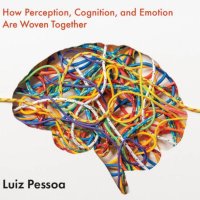
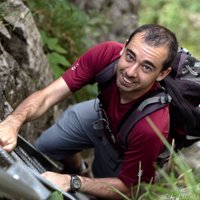
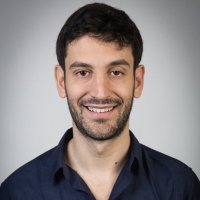
Published in Science today, Wai Keen Vong reports a dream experiment: he trained a multi-modal AI model from scratch on a subset of one child's experiences, as captured by headcam video. Shows how grounded word learning is possible in natural settings, as discussed in his thread:


Excited to share our new paper arxiv.org/abs/2402.10877 (Oral, ICLR 2024, w/ Tom Everitt, Google DeepMind). In it we answer the question, do agents need to learn causal world models? arxiv.org/abs/2402.10877. 🧵


Happy to share a new paper in JEP:G: "Evidence from the future"✨✨, with Neil Bramley. We investigate how people make causal inferences with incomplete evidence, while effects may still be on their way. 🧵psycnet.apa.org/record/2024-45…


So honoured to be one of the recipients of this award! ✨Thanks to my amazing supervisor Neil Bramley, my collaborators Tobias Gerstenberg, M Pacer, Griffiths Computational Cognitive Science Lab, Ralf Mayrhofer, and the pioneers and current researchers in causal reasoning who have inspired this thesis! ✨

@lksamueltweet Mariya Toneva @ally_mackey Eliot Hazeltine #cogsci2025 will happen in San Francisco July 30–Aug 2 2025, in the capable organizational hands of Azzurra Ruggeri, David Barner, Caren Walker, and Neil Bramley – can't wait!
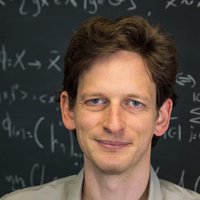
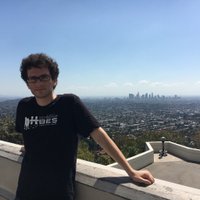
New preprint with Neil Bramley and Chris Lucas: We argue that causal judgments are supported by richer mental representations than traditionally assumed, and that this hypothesis can help solve some puzzles about causation.



